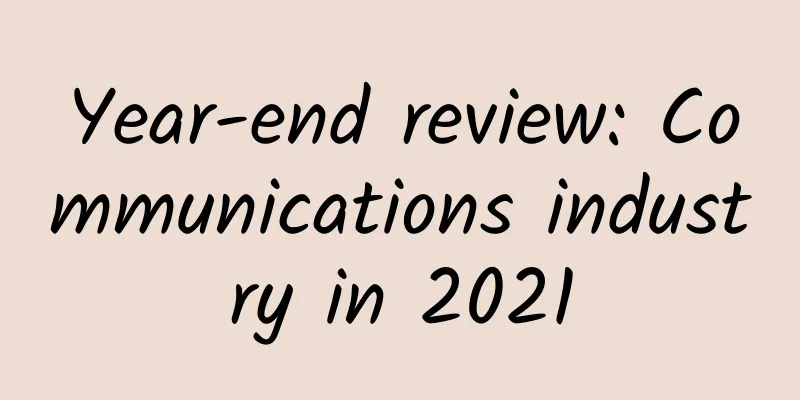Operators must solve ten problems before they have a chance to defeat WeChat
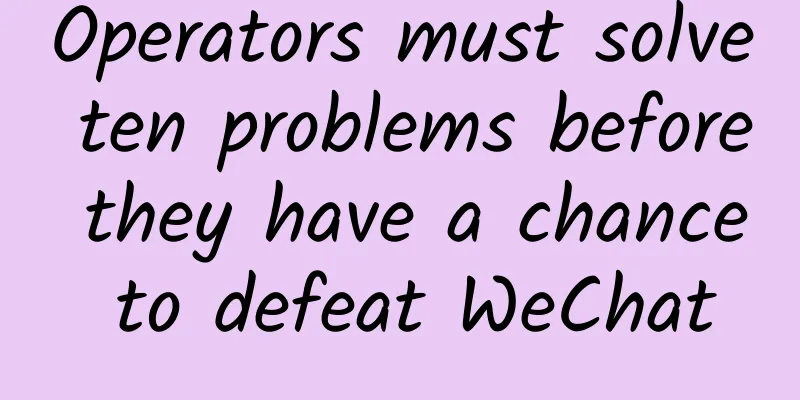
|
WeChat's powerful social functions have replaced the traditional communication business of operators, SMS + voice, causing the operators' traditional business revenue to decline. To some extent, WeChat has broken the iron rice bowl of operators. The Securities Times reported on May 23, 2014 that due to the impact of Tencent's WeChat, China Mobile's text message volume dropped sharply by 15% in 2013, and the decline widened to more than 20% in the first four months of 2014. It is expected that WeChat will continue to have a significant impact on China Mobile's text message business. In addition to replacing SMS services, WeChat's greater impact is that it completely replaced the operators' voice services. At that time, operators were in the transition stage from voice to traffic operations, and the industry itself was also passive in allowing voice services to be replaced by WeChat. In fact, China Mobile had already discovered the disruptive impact that WeChat could have on the communications industry long before it became popular. China Mobile also called on its peers on multiple official occasions to jointly respond to the real threat of WeChat, but unfortunately, it did not receive a response from its peers. As WeChat grew stronger and stronger and formed a monopoly on messaging, the three major operators not only deeply realized the importance of innovation in groups, but also felt the embarrassment of working in isolation and suffering the consequences. In order to break through the siege of WeChat, China Mobile even invested huge amounts of money to try to save the half-dead Fetion, although the result was in vain. As time goes by, the social-based business ecosystem formed by WeChat has become increasingly threatening to operators. It is no exaggeration to say that operators are increasingly working for WeChat. Therefore, operators urgently need to change their current unfavorable situation in the messaging field. Now this consensus has become actual action. On April 8, China Mobile, China Unicom, and China Telecom jointly released the "5G Message White Paper" with domestic mobile terminal manufacturers such as Huawei, ZTE, Xiaomi, VIVO, OPPO, Lenovo, Meizu, and foreign Samsung, jointly promoting a new model of messaging services in the 5G era, attempting to both save the declining traditional communications business and expand business revenue sources. It is obvious that the three major operators are trying to use the internal alliance of the communications industry and the industry advantages to attract upstream and downstream partners to jointly build an industry alliance to impact the siege and monopoly of social functions by Internet companies represented by WeChat. The question now is, how much chance do the operators have to turn things around? If they can solve the following problems, we believe that the operators still have a chance to turn things around. First, there is the issue of putting new wine in old bottles. 5G messaging is not a new thing, nor does it have any technical innovation. It can be said that the only innovation is the addition of the "5G" concept. 5G messaging originated from the "new messaging" concept advocated by China Mobile in the 4G era in 2014. That is, based on the original SMS simple text + picture function, new functions such as video were added, forming a collection of information releases of text + picture + video + location. The second is the user orientation problem. User-centricity is the core of Internet companies' operations and the foundation of their development, which is exactly what operators lack. As netizens who care about the communications industry said, operators are essentially still leader-centric. Although operators keep saying that they value customer demands, in fact, the will of leaders is the first priority. For example, an uninformed customization cannot be cured. The second issue is the development team's ability. The technical team of operators cannot compete with Internet companies in terms of skills and quality. Although the three major operators have established many independently operated subsidiaries in recent years, they have made great progress compared to before, but they still need to continue to reform if they want to make software of WeChat's level. The salary alone can explain the problem. The salaries of operators cannot support technical experts. The fourth is the change in the charging structure. WeChat is free to use, and it aggregates entrances to all aspects of social production and life, which greatly facilitates people's lives and has a strong user stickiness. Relatively speaking, 5G messages cannot be free. After all, the purpose of operators jointly launching 5G messages is to increase revenue, not to get rid of WeChat, or getting rid of WeChat is only a secondary purpose. The fifth is the stability of the new alliance. Although they are of the same origin, the operators are fighting each other and attacking each other. In the absence of 5G scenarios and insufficient applications, it is still uncertain how many problems the 5G message alliance formed by operators can solve. There is one thing to remind everyone that the leaders of the operators attending the press conference are all deputy positions in charge of market business. The sixth is the issue of how to pay for the promotion of 5G messages. Spending money to attract users is a typical Internet game. In the era of mobile Internet, can operators break through the rules and restrictions by spending money to acquire customers? Even if they can break through the policy restrictions and spend money to acquire customers, then what proportion of the customer acquisition funds should be allocated? The seventh is the trust problem within the operators. Although the top leaders of the three major operators are often transferred to each other, it can be said that they are happy to get along well with each other, but the trust problem within the industry has not been strengthened. Just like the issue of canceling unlimited data packages, if it were not for the strong intervention of the regulatory authorities, the industry itself would not be able to solve it. The eighth is the lifespan of 5G messages. Although in the 5G NSA era, individual customers (2C market) are the main market and the focus of competition, the focus of 5G in the future will be on the government and enterprise market (2B market). Communications experts believe that the individual market only accounts for 20% of the 5G market share. For this 20% market, how much money are operators willing to spend to maintain it? The ninth is the breakthrough of innovation. WeChat will not wait for 5G messaging to fully attack it, and will inevitably face super countermeasures. WeChat is likely to take a more proactive attitude in interconnection and other aspects in the future, and avoid being marginalized by actively strengthening cooperation with other applications. After all, WeChat has deeply learned the lesson of the decline of Fetion. It is not optimistic whether the innovation of operators can surpass WeChat. The tenth is the issue of spam SMS management. Spam SMS has become a public outrage, but it has not been eradicated and is still rampant from time to time. Whether 5G messaging can solve this problem in the future, or whether spam SMS will become more rampant in the 5G messaging era, this issue cannot be ignored. Although WeChat has very strong functions and user stickiness, this does not mean that it has no weaknesses, let alone that it is invincible. Whether the three major operators can break through the WeChat siege through joint efforts is far more significant than the successful popularization of 5G messages itself. After all, in addition to network coverage construction, the more important thing to achieve global leadership in 5G is 5G applications. If the three major operators can form a relatively stable business innovation alliance and use this as a basis to promote 5G business innovation in all walks of life, then this is more important for the country and the industry. This is also the best result we would like to see. |
<<: China and the United States compete in autonomous driving, 5G may become the "decisive factor"!
Recommend
Serverless Engineering Practice | Tips for Optimizing and Debugging Serverless Applications
Tips for debugging serverless applications During...
Cisco fully enhances Webex to lead global collaboration with innovative experiences
In the wave of full digitalization, enterprises n...
Weibu Online was rated as an excellent technical support unit for financial security situation awareness by the People's Bank of China
On October 15, the "2021 Financial Cybersecu...
After 5G, there will be no more "operators", what do you think?
As the name implies, the core capability of opera...
One of the biggest features of 5G is the security minefield
The 5G platform provided by operators has vulnera...
Friendhosting adds a new data center in New Jersey, 30% off on all VDS on Tester's Day
Friendhosting sent the latest email, which inform...
Endpoint Technology: A one-stop digital transformation platform for enterprises
[51CTO.com original article] Endpoint Technology ...
The number of IoT users of the three major operators exceeds 1.1 billion, and the Internet of Everything brings trillions of connection value
5G opens a new era of the Internet of Everything....
Hosteons: AMD Ryzen CPU + NVMe high-performance VPS is available starting at $24 per year
Hosteons is a foreign VPS hosting company founded...
Talking about China's communications industry: from "seven countries and eight systems" to the backbone of "China"
Salute to China's communications industry, Hu...
The world's first non-cellular 5G standard has been released, with a higher connection node density than NB-IoT and LTE-M!
Recently, the DECT-2020 NR standard launched by t...
How many gateways in Flowable do you know?
Gateway Gateways are used to control the flow of ...
The fourth largest operator is here! China Radio and Television said it will officially start 5G number distribution operations as soon as possible
[[436288]] Last weekend, the 2021 China 5G+ Indus...
[New Year's Day] RackNerd: $11.49/year-1GB/21G SSD/1.5TB@1Gpbs/San Jose & Los Angeles & Seattle data centers
RackNerd recently launched the New Year 2024 spec...
5G is not only faster, but also safer!
As major operators begin to offer 5G packages, th...
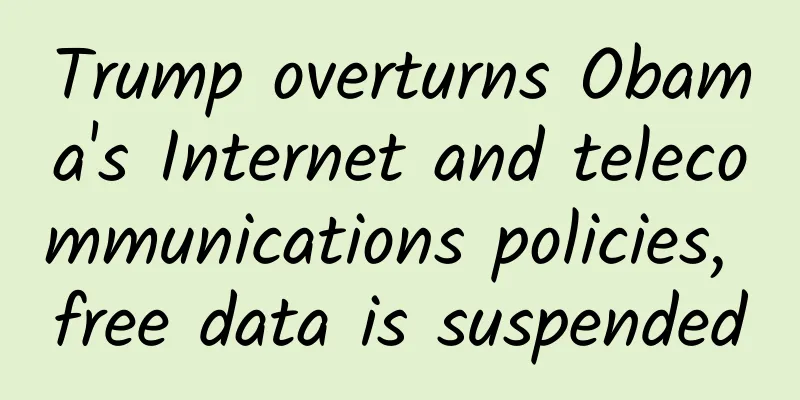
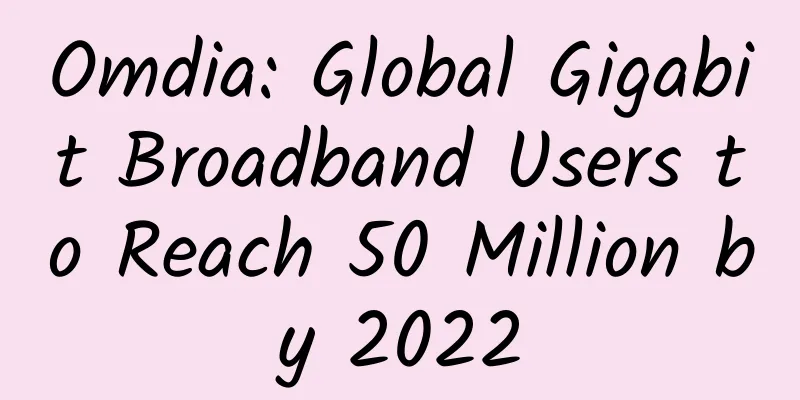


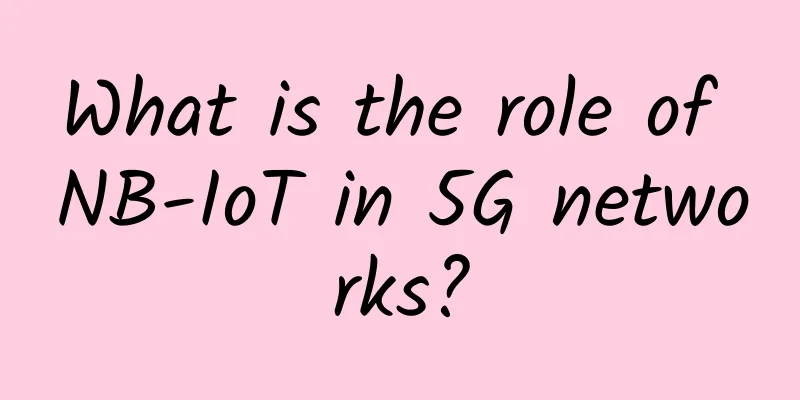
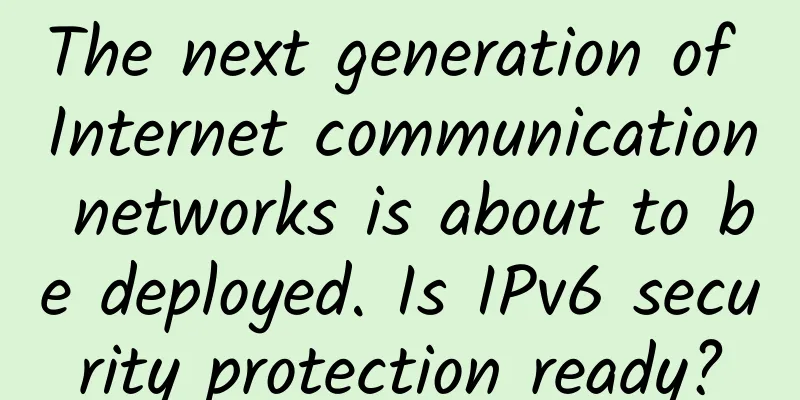
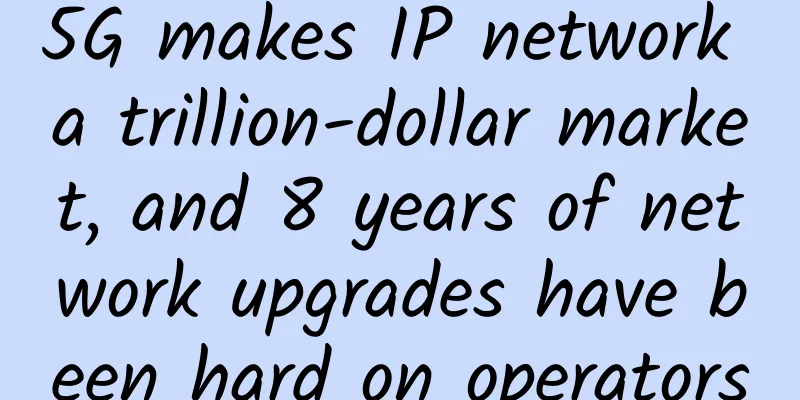
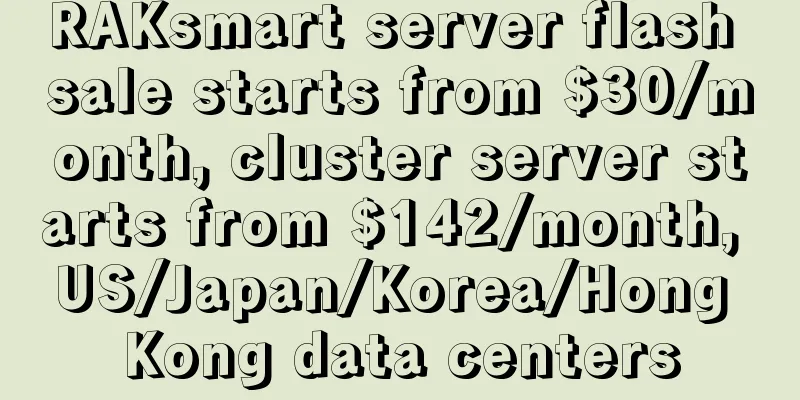
![[11.11] OneTechCloud 30% off monthly VPS, 10% off dedicated servers, Hong Kong CN2, US CN2, CN2 GIA high defense optional](/upload/images/67cac04a7f816.webp)
